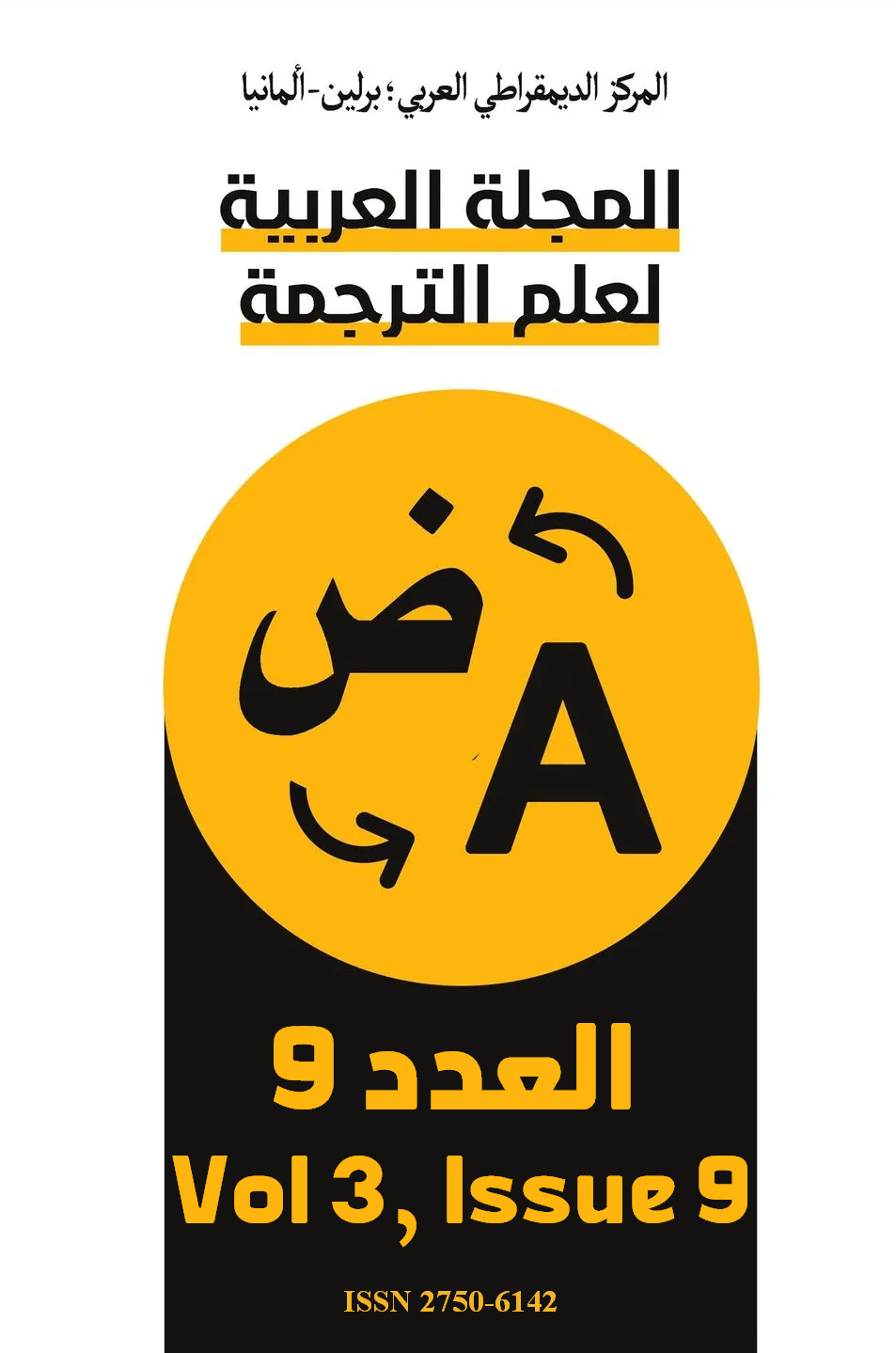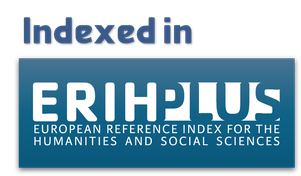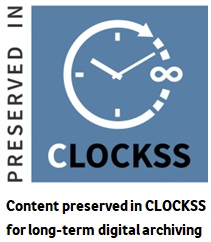The Islamic Application of the Principle of Modern Rationality
DOI:
https://doi.org/10.63939/AJTS.bmkeb222Keywords:
Translation, Islamic philosophy, Faithfulness, Autonomy, Western centrismAbstract
This paper sheds light on the transformative dimensions of translation as conceptualized by the Moroccan philosopher Taha Abdurrahman in his book “Rouh Al-Lhadata: Al-Madkhal ila Taassis Al-Hadata Al-Islamiya” [The Spirit of Modernity: A Prolegomenon to Laying the Foundations of Islamic Modernity]. I attempt to translate chapter three from Taha’s book in which he theorizes about translation studies. The latter is central to Abdurrahman’s intellectual project, which he considers as a call to transcend the pervasive Eurocentrism that characterizes contemporary translation theories. Abdurrahman offers a nuanced critique of the translation methodologies employed during the Abbasid period, particularly the uncontextualized appropriation of Greek philosophy. He contends that this approach led to the marginalization of Islamic philosophy, reducing it to a mode of mere transmission and dependency, initially on ancient Greece and subsequently on the modern West. To address these historical inadequacies, Abdurrahman advocates for an innovative and creative translation strategy termed as Modern Translation and accountable autonomy. This strategy emphasizes a transformative process whereby the source text is integrated into the receiving culture, aligning with its specific epistemic and cultural needs, irrespective of the original context. Abdurrahman posits that this method is essential for fostering an autonomous Arab/Islamic philosophical tradition, one that is not subsumed under external theoretical paradigms, even if this necessitates deviating from conventional criteria of accuracy and faithfulness. This paper critically engages with the theoretical foundations that will be highlighted through the translation of chapter three in Taha’s book The Spirit of Modernity: A Prolegomenon to Laying the Foundations of Islamic Modernity and it proposes practical applications of Abdurrahman’s translation paradigm. It also situates Taha’s framework within the broader historical trajectory of translation in the Arabic intellectual tradition and contemporary translation studies.
Downloads
References
Abdurrahman, T. (2006). Rūḥ al-Ḥadātha: al-Madkhal ilā Taʾsīs al-Ḥadātha al-Islāmiyya [The Spirit of Modernity: An Introduction to Establishing Islamic Modernity]. Casablanca: Arab Cultural Center
Hanafi, H. (1997). Humūm al-Fikr wa al-Waṭan [Concerns of Thought and the Homeland]. Al-Mustaqbal al-‘Arabī [The Arab Future], 20(222), 147
Al-Iraqi, A. (1998). Al-‘Aql al-Tanwīrī fī al-Fikr al-‘Arabī al-Mu‘āṣir [The Enlightenment Mind in Contemporary Arab Thought]. Beirut: University Institution for Studies and Publishing
Achayal, J. (2014). Tārīkh al-Tarjama wa al-Ḥaraka al-Thaqāfiyya fī ‘Aṣr Muḥammad ‘Alī [The History of Translation and the Cultural Movement in the Era of Muhammad Ali]. Cairo: Arab Thought House
Qaḥḥa, K. (1989). Al-Tarjama fī al-‘Aṣr al-Ḥadīth: Tārīkhuhā wa Qaḍāyāhā [Translation in the Modern Era: Its History and Issues]. In Al-Tarjama wa Naẓariyyātuhā [Translation and Its Theories]. Tunis: Publications of the Faculty of Humanities and Social Sciences
Ladmiral, J. R. (1989). Pour une philosophie de la traduction. Revue de métaphysique et de morale, 94(1), 5-22
Abdurrahman, T. (1996). Fiqh al-Falsafa: al-Falsafa wa-l-Tarjama [The Essence of Philosophy: Philosophy and Translation]. Casablanca & Beirut: Arab Cultural Center
Downloads
Published
Issue
Section
License

This work is licensed under a Creative Commons Attribution-NonCommercial 4.0 International License.
As an open-access the journal follows the CC BY-NC 4.0 Attribution-NonCommercial 4.0 International which states that:
- you are free to:
- Share— copy and redistribute the material in any medium or format.
- Adapt— remix, transform, and build upon the material.
- Under the following terms:
- Attribution— You must give appropriate credit, provide a link to the license, and indicate if changes were made. You may do so in any reasonable manner, but not in any way that suggests the licensor endorses you or your use.
- NonCommercial — You may not use the material for commercial purposes.
- No additional restrictions — You may not apply legal terms or technological measures that legally restrict others from doing anything the license permits.












